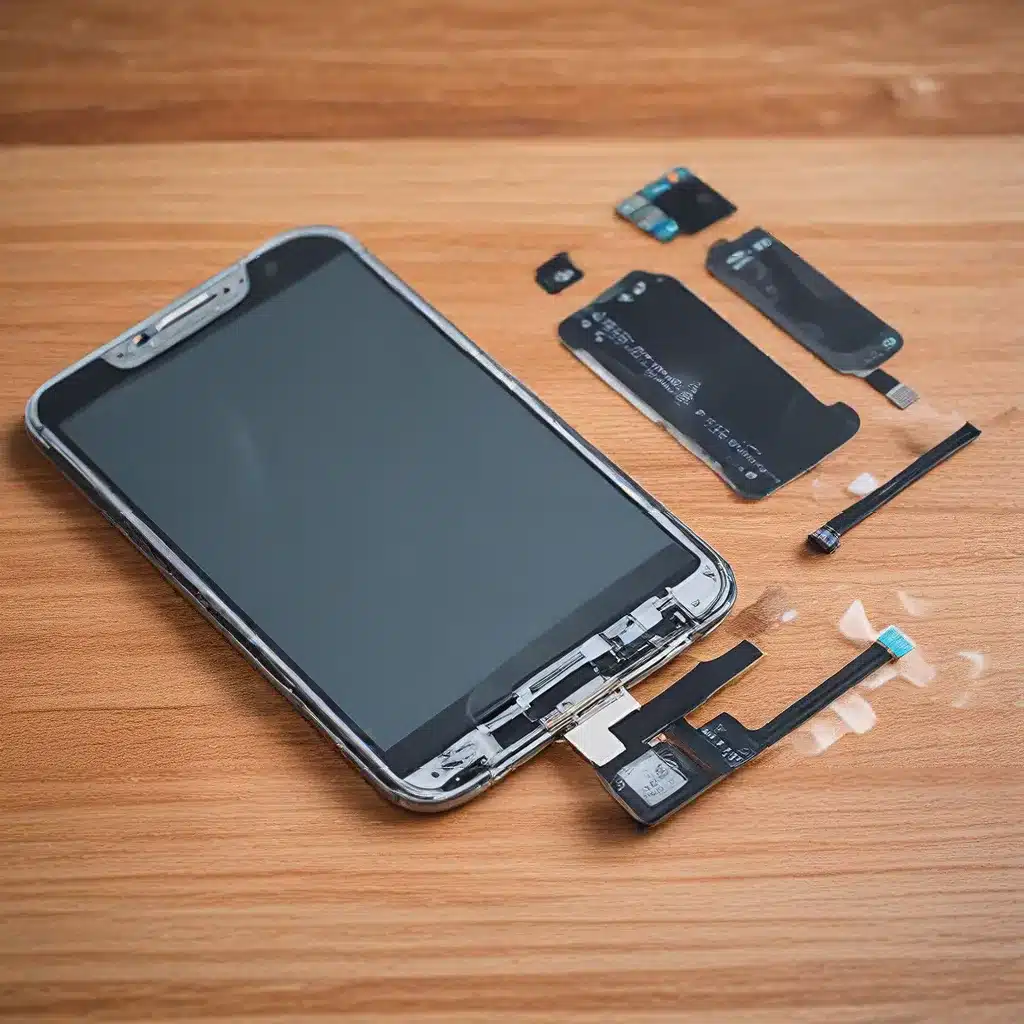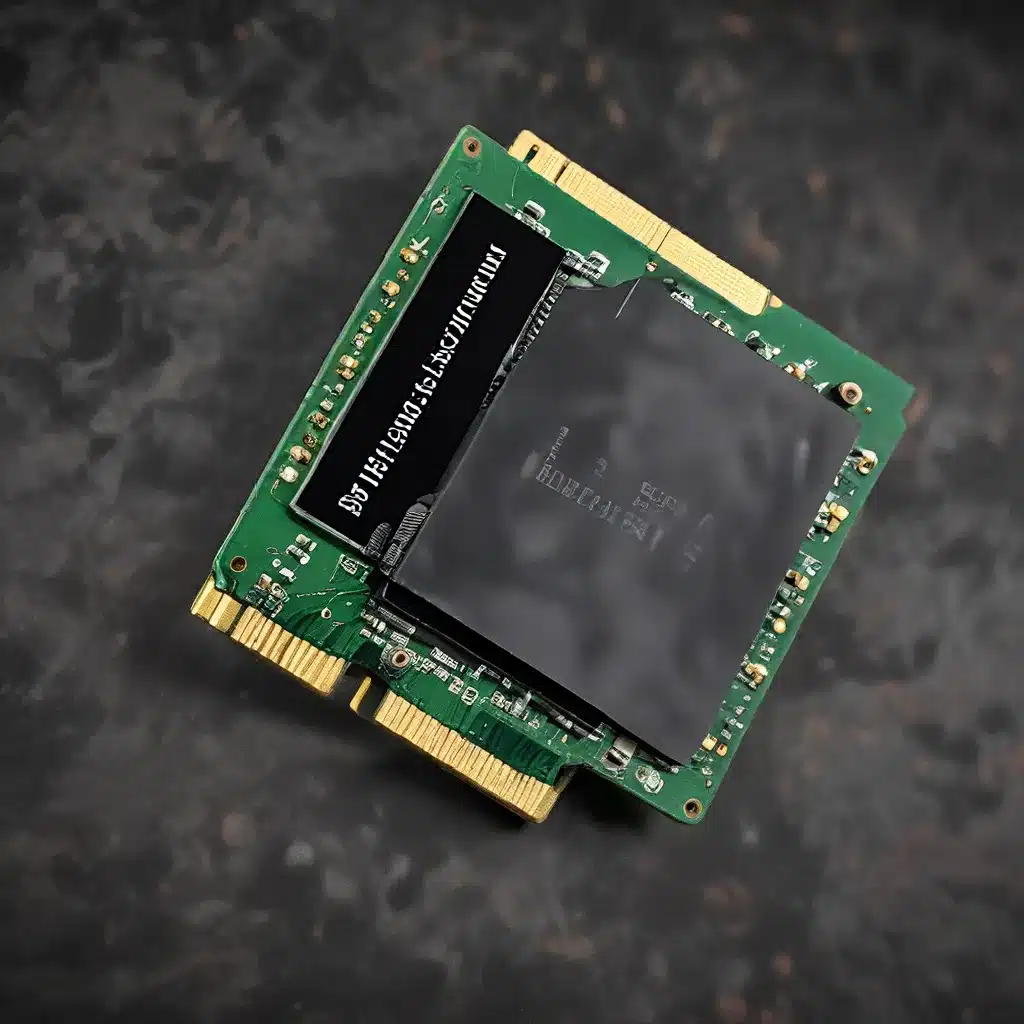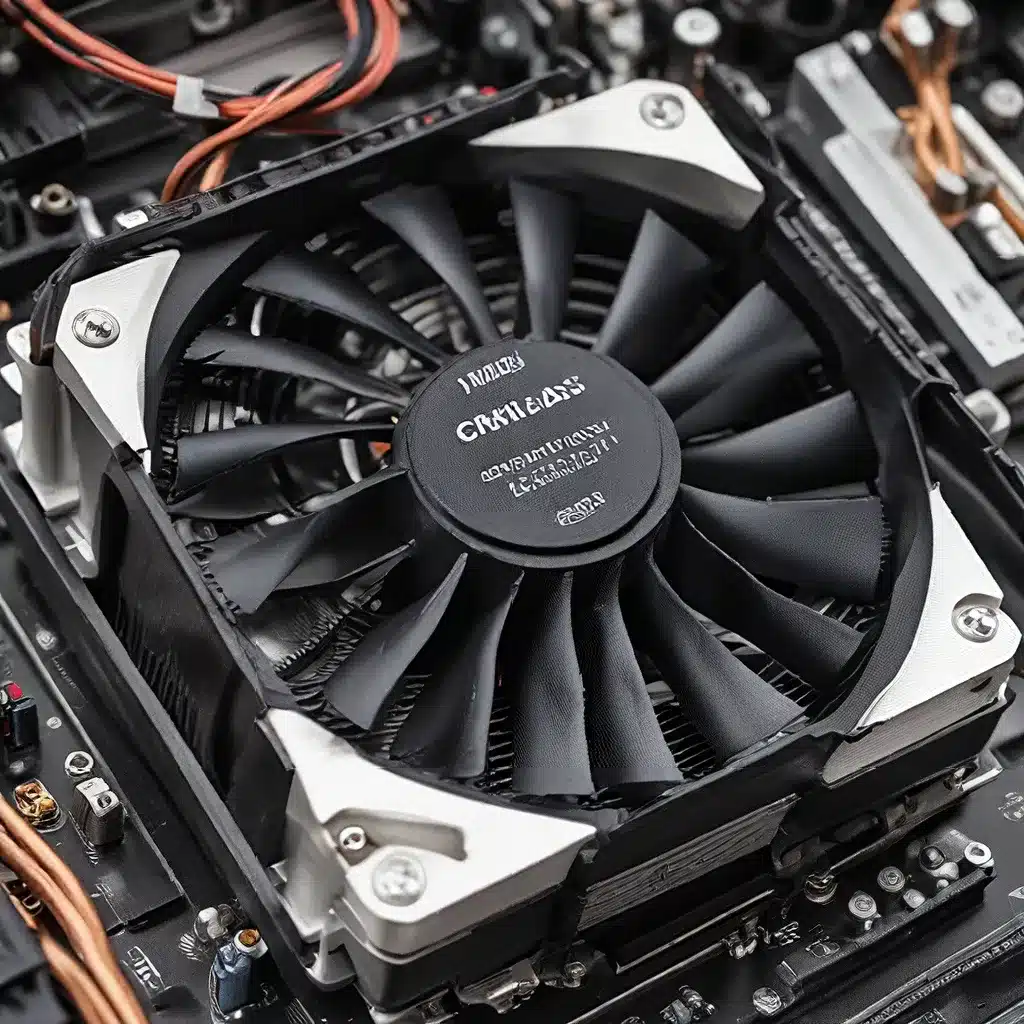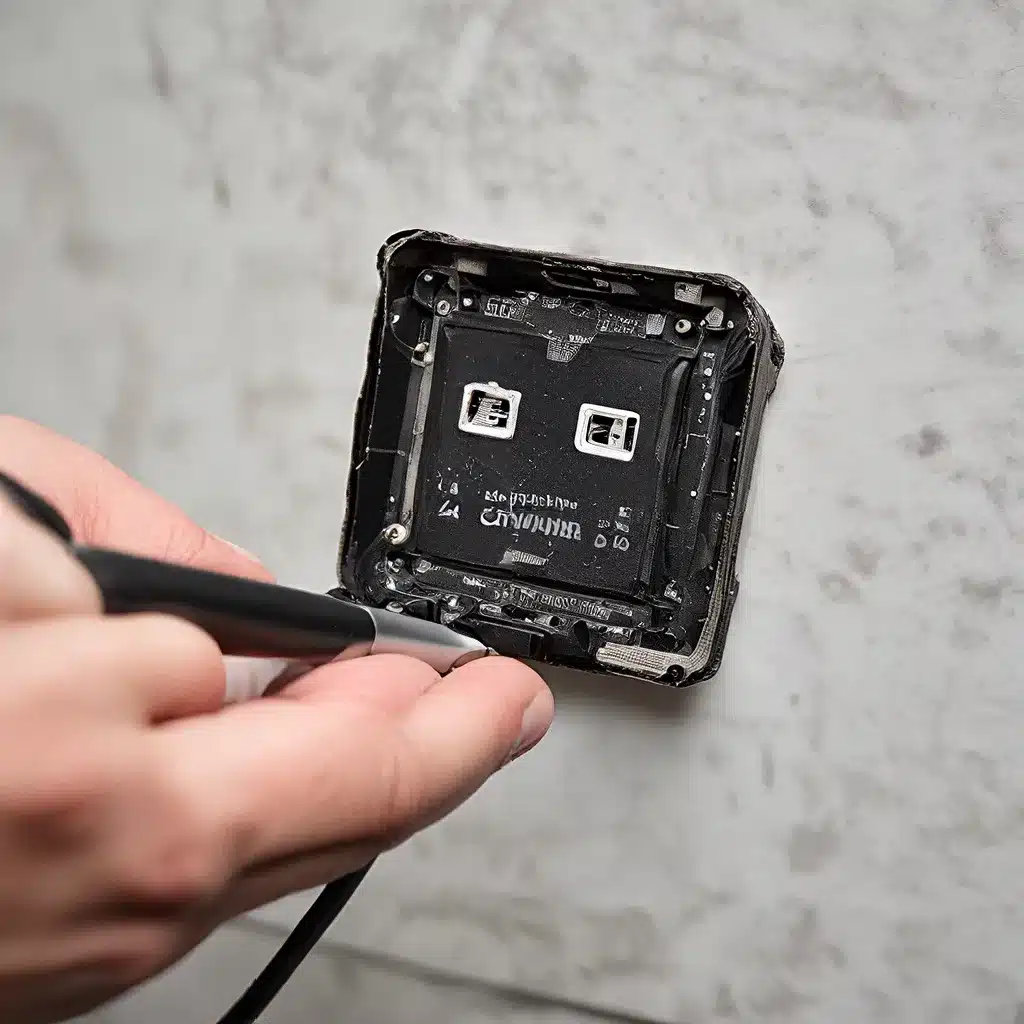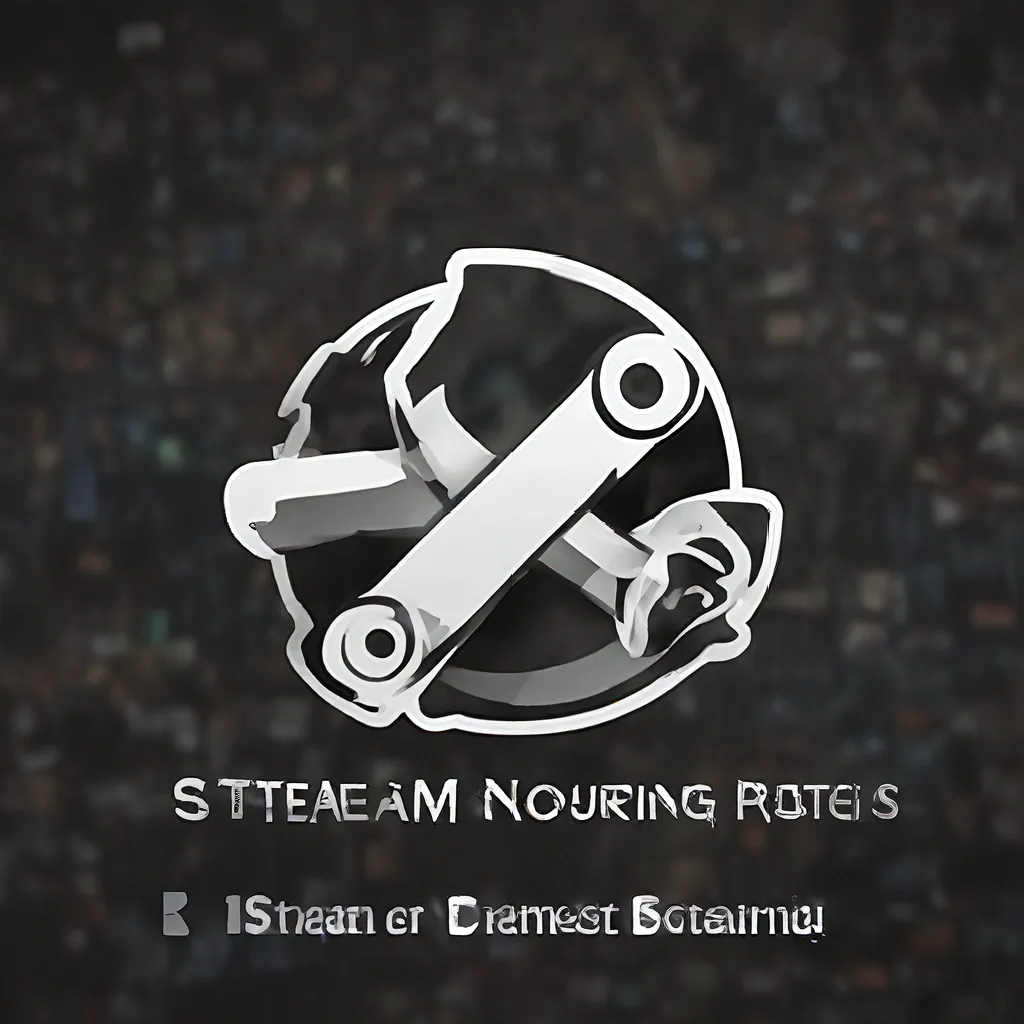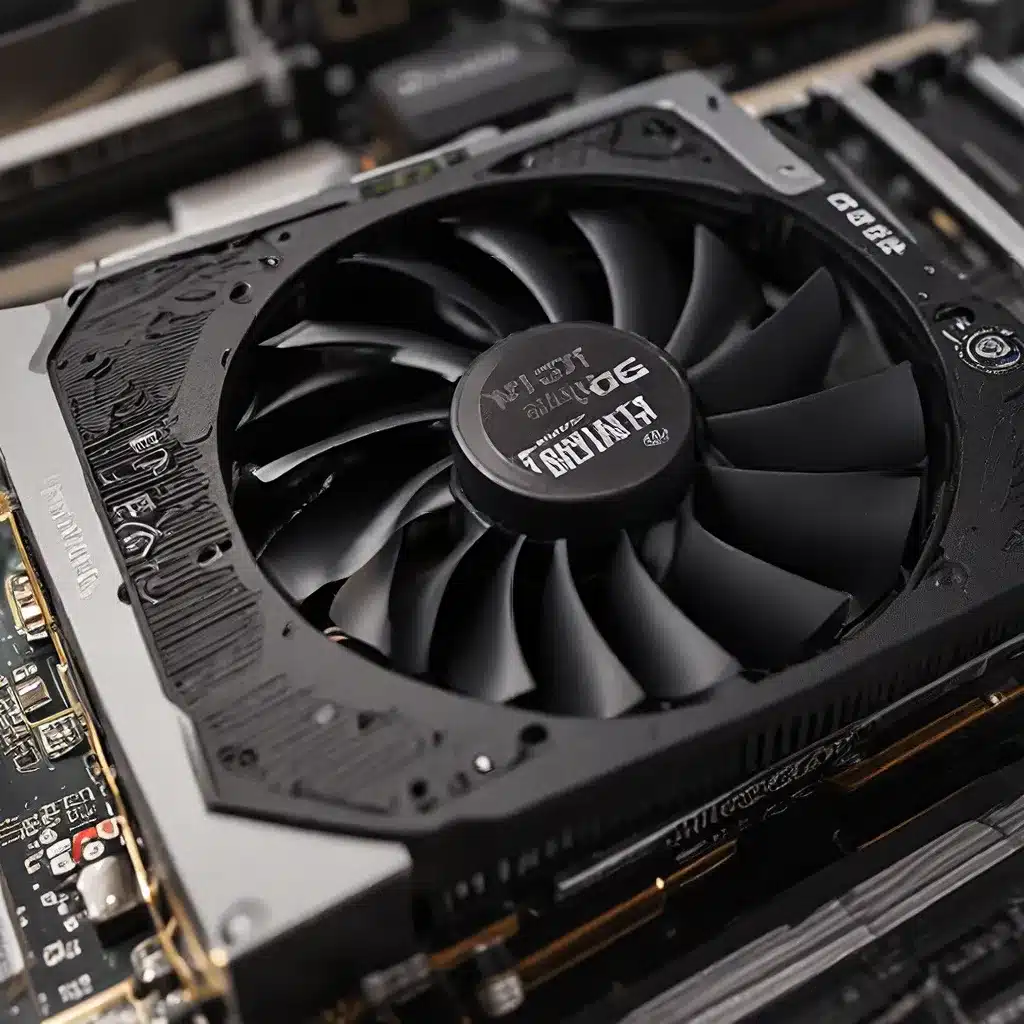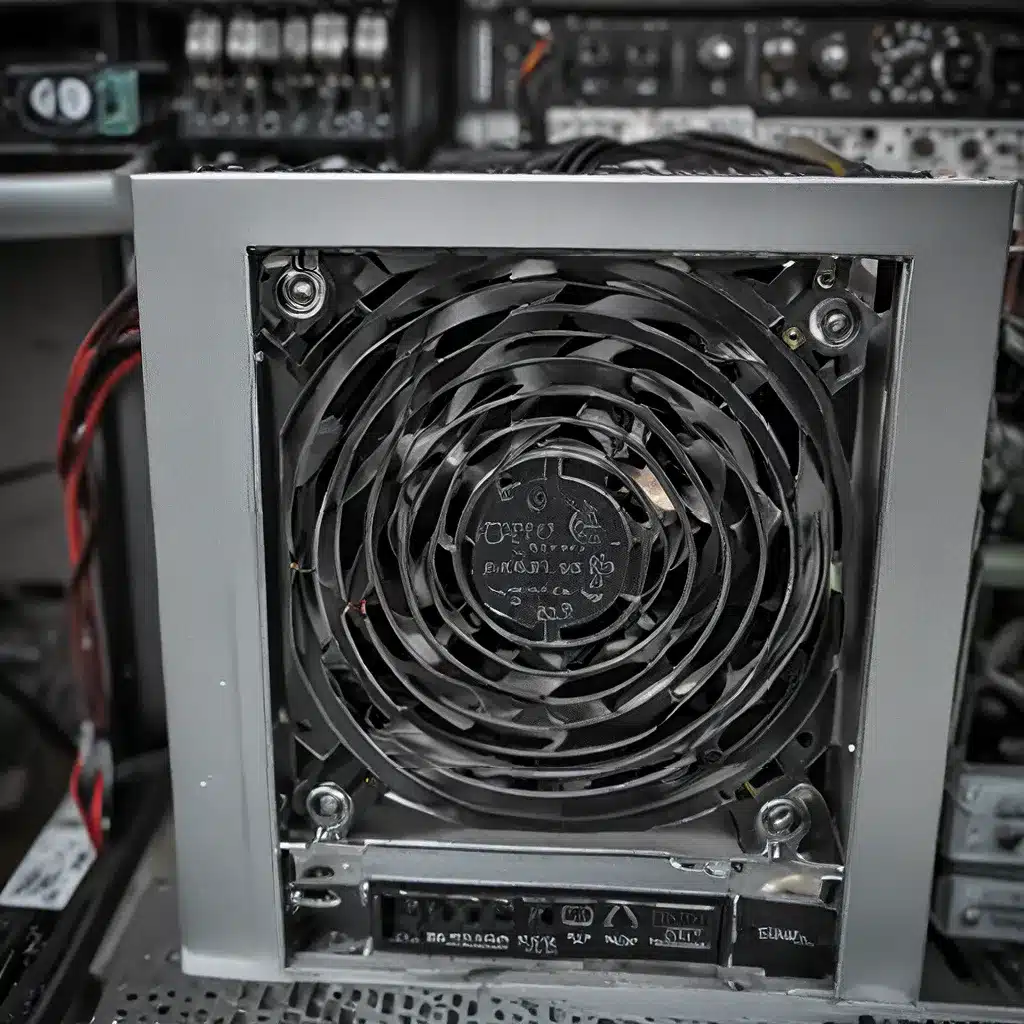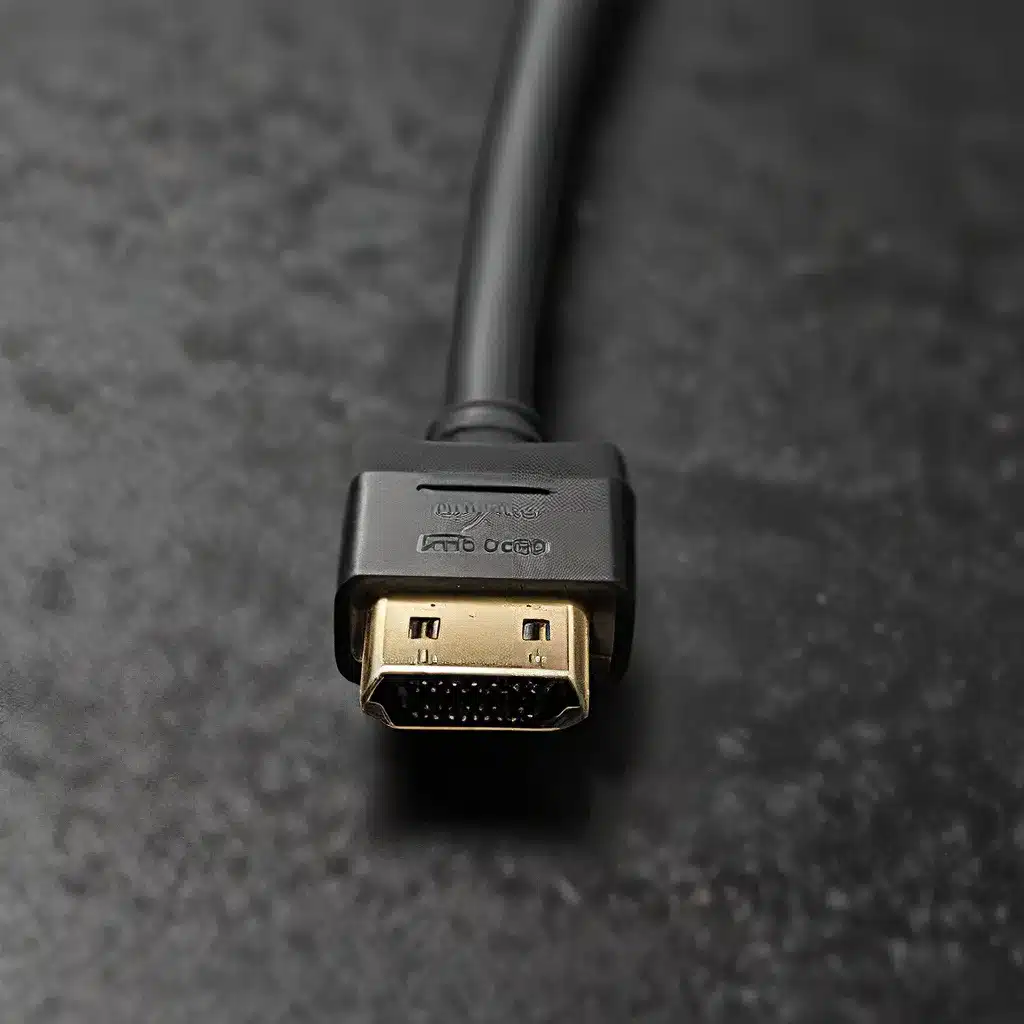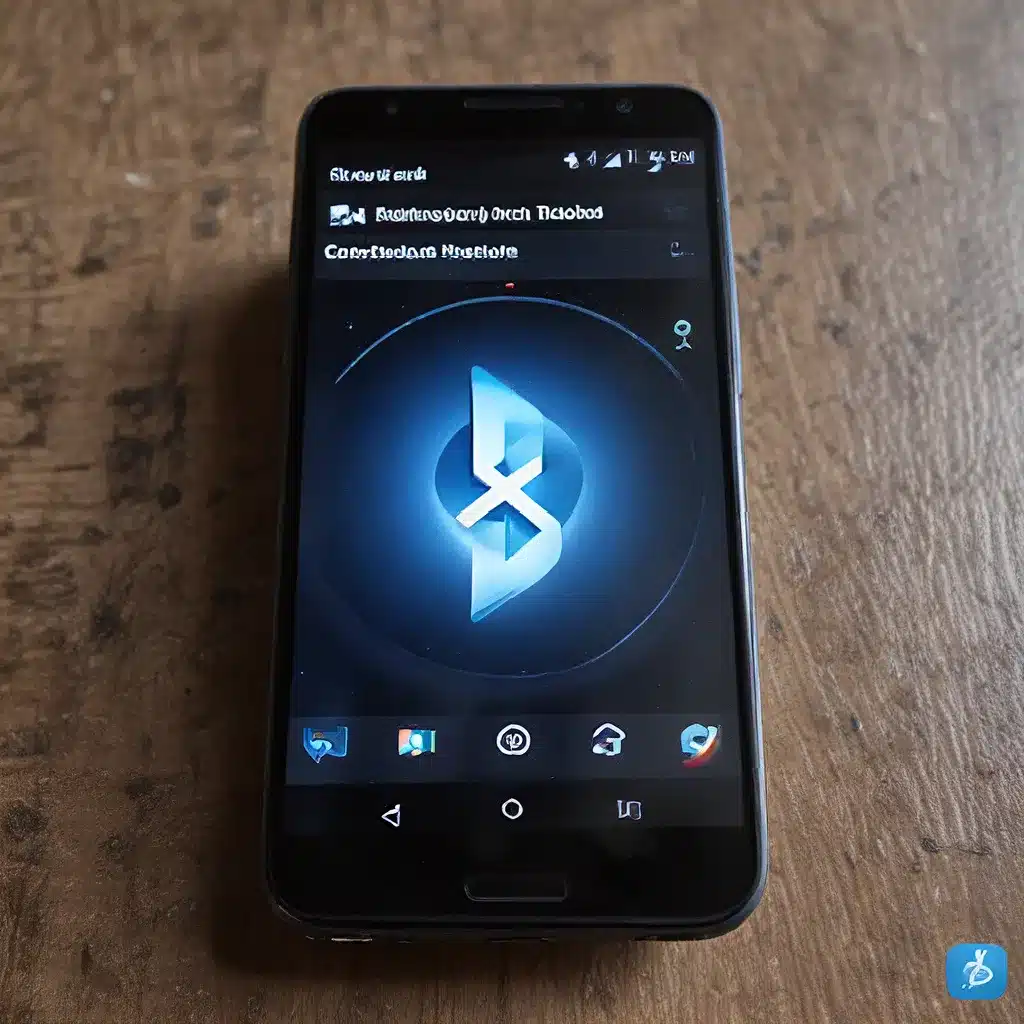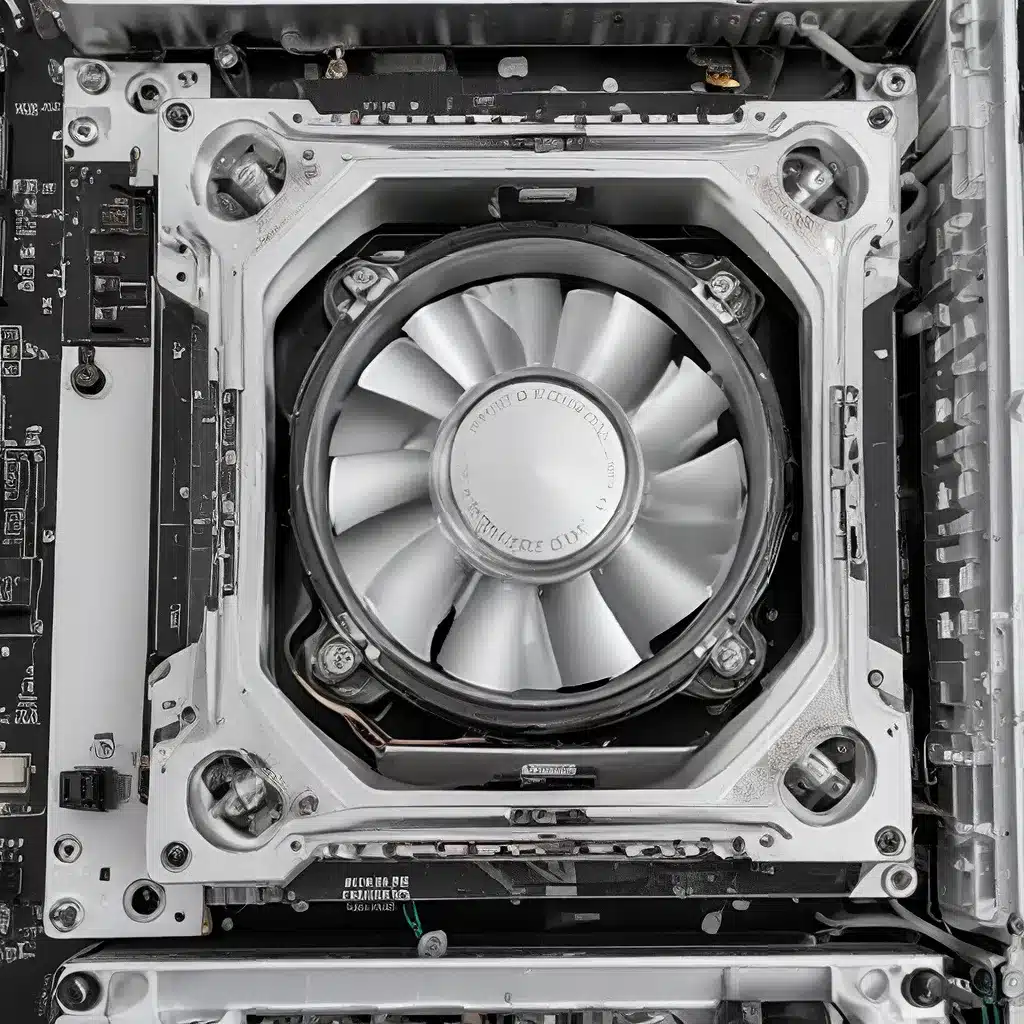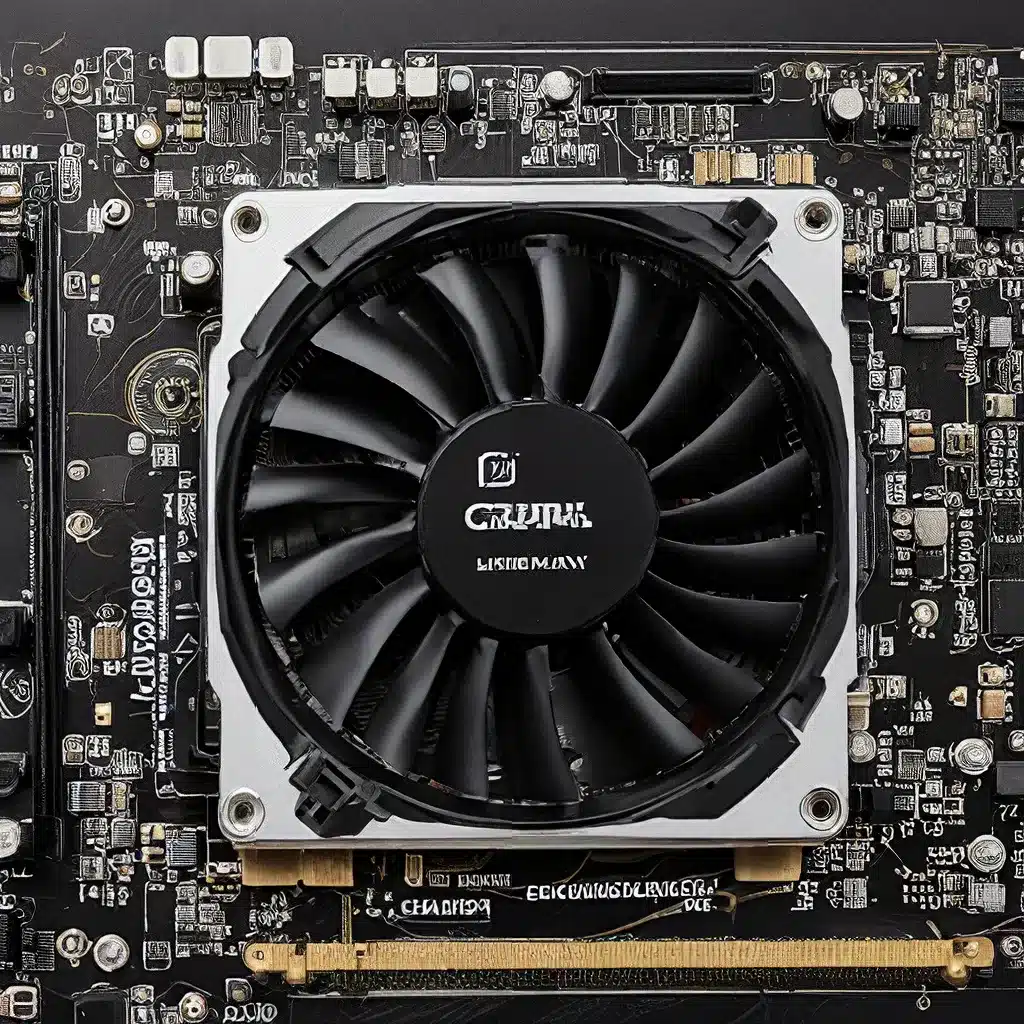Ah, the good ol’ spinning hard drive – the trusty workhorse of data storage for decades. You know, back in the day, we’d affectionately call them “spinners” or “hard disks” in my neck of the woods. I can still remember the satisfying whirring sound as I’d boot up my ancient PC and that little drive would start spinning up. Ah, the memories.
But let’s be real, these mechanical marvels aren’t exactly the most reliable storage solution these days, are they? With the rise of sleek and lightning-fast solid-state drives (SSDs), those old-school “spinning rust” drives are starting to feel a bit, well, antiquated. Still, there’s a whole lot of important data trapped on those platters, just waiting to be liberated.
Diagnosing a Troubled Spinner
So, you’ve got a traditional spinning hard drive that’s on its last legs, huh? Maybe it’s making that ominous clicking sound, or perhaps it’s just not spinning up like it used to. Don’t panic! There’s still hope for your data. The first step is to try and diagnose the issue.
As some of my fellow IT pros have pointed out, a failing hard drive might exhibit a few telltale signs, like stuttering performance, random reboots, or even complete system crashes. It’s like the drive is throwing a tantrum and taking the whole computer down with it.
And let’s not forget about those fun little nicknames we’ve come up with over the years – “spinning rust,” “metal platters,” or my personal favorite, “hard disk of doom.” I mean, c’mon, those names just scream “impending data disaster,” don’t they?
Assessing the Damage
Okay, so you’ve identified the problem – now what? Well, the next step is to try and assess the extent of the damage. Is it just a few bad sectors, or is the entire drive on the verge of a complete meltdown? That’s where some good old-fashioned troubleshooting comes in handy.
According to the data hoarders over on Reddit, the reliability of traditional spinning hard drives can vary quite a bit. Some folks have had their “spinners” chugging along for years, while others have experienced premature failures. It’s kind of like a game of data-storage roulette, to be honest.
And let’s not forget about those external hard drives – you know, the ones that are supposed to be the perfect solution for backup and storage. As one Tablo user discovered, even brand-new external drives can cause all sorts of glitches and malfunctions. It’s like the drive is just begging to be unplugged and thrown out the window.
Recovering Data from the Brink
Alright, so you’ve got a failing hard drive and you’re starting to panic about all that precious data trapped inside. Fear not, my friend! There are still ways to salvage your digital treasures, even from the most stubborn of spinners.
The first step is to try and back up the drive as soon as possible. I know, I know – that’s easier said than done when the drive is on its last legs. But trust me, it’s worth the effort. Even if you can only grab a few crucial files, that’s better than losing everything, right?
If the drive is really in bad shape, you might need to bring in the big guns – I’m talking professional data recovery services. These folks have seen it all, from fried circuit boards to shattered platters, and they know all the tricks to coaxing data out of even the most hopeless drives.
And let’s not forget about those good old-fashioned backup solutions. The team at ITFix can help you set up a reliable backup system to ensure your data is safe and sound, even if your trusty spinner finally kicks the bucket.
The Future of Data Storage
As much as I hate to admit it, those traditional spinning hard drives are starting to feel a bit, well, outdated. I mean, have you seen the lightning-fast read and write speeds of modern SSDs? It’s like watching a cheetah chase down a sloth, you know?
But let’s not count out the humble spinner just yet. I mean, sure, they might not be as sexy or as speedy as their solid-state counterparts, but they’ve still got a few tricks up their sleeves. For one, they tend to be more affordable for those of us on a budget. And let’s not forget about their sheer storage capacity – you can’t beat a good old-fashioned terabyte spinner for hoarding all your digital treasures.
So, where does that leave us? Well, I reckon the future of data storage is going to be a bit of a mixed bag. SSDs for speed and reliability, and spinners for good ol’ fashioned high-capacity storage. And you know what they say, “variety is the spice of life!” Just be sure to keep a close eye on those mechanical marvels and have a solid backup plan in place.
After all, you never know when one of those trusty old spinners might decide to throw in the towel. But hey, at least you’ll be prepared, right? And who knows, maybe we’ll even come up with some new nicknames for the next generation of data storage tech. “Solid-state sizzlers,” anyone?


